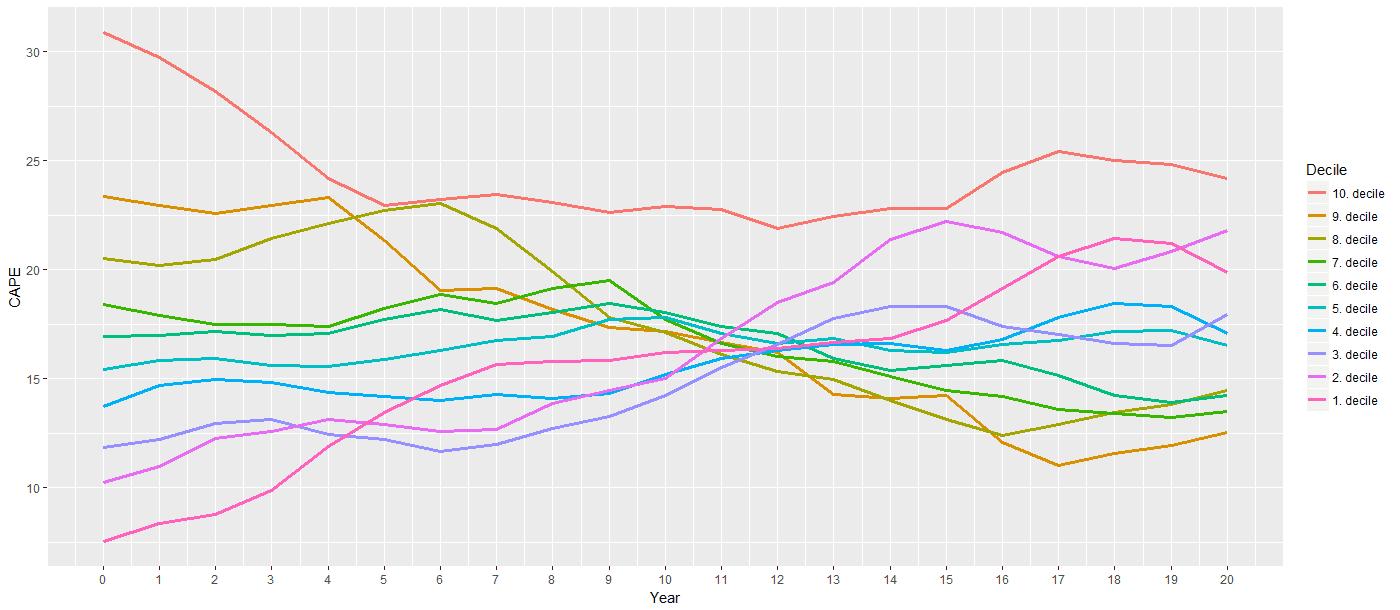Building Peace On The Dnieper: Perspectives And Strategies

Table of Contents
Understanding the Historical and Political Context of the Dnieper Region
The Dnieper River holds immense historical significance. For centuries, its fertile basin has served as a cradle of civilization, supporting numerous empires and shaping the cultural identities of numerous groups. Its strategic importance as a trade route and military corridor has consistently drawn conflict and shaped the region's geopolitical landscape.
- Historical significance of the Dnieper River basin: From Kyivan Rus' to the modern era, the river has been central to the development of numerous states and societies, influencing their economies, cultures, and political systems. Control of the Dnieper has frequently been a source of power and conflict.
- Impact of past conflicts on the region's stability: The region has suffered from numerous conflicts throughout history, ranging from internal power struggles to major wars, each leaving lasting scars on the social, economic, and political fabric of the region. These historical conflicts have created deep-seated mistrust and continue to influence present-day dynamics.
- Analysis of current political actors and their interests: The current political landscape is complex, involving Ukraine, Russia, and various international organizations, each with their own interests and perspectives. Understanding these diverse interests is critical for effective peacebuilding.
- Examination of territorial disputes: Territorial disputes along the Dnieper and its tributaries remain significant obstacles to peace, reflecting historical grievances and current geopolitical tensions. These disputes often fuel the conflict and hinder reconciliation efforts.
Perspectives on Peacebuilding in the Dnieper Region: Diverse Voices, Shared Goals
Achieving peace requires a nuanced understanding of the perspectives of diverse stakeholders. Ukrainian government officials, civil society organizations, local communities directly impacted by the conflict, and international actors all hold distinct views on the path towards peace. While their approaches may differ, a shared goal of stability and prosperity is often present.
- Perspectives of the Ukrainian government on peace negotiations: The Ukrainian government's stance on peace is shaped by its experience of conflict and its commitment to protecting its sovereignty and territorial integrity. Their priorities in negotiations often center on security guarantees and an end to hostilities.
- Views of civil society and local communities affected by the conflict: Civil society organizations and local communities offer firsthand accounts of the human cost of conflict and play a crucial role in promoting reconciliation and healing. Their perspectives often highlight the urgent need for humanitarian aid, justice, and rebuilding damaged communities.
- Role of international organizations in peacebuilding efforts: International organizations such as the UN and OSCE play vital roles in mediating conflicts, providing humanitarian assistance, and supporting peace initiatives. Their efforts are essential for fostering international cooperation and promoting a peaceful resolution.
- Analysis of differing perspectives and potential areas of common ground: Despite differing perspectives, common ground often exists in the shared desire for security, economic development, and a future free from violence. Identifying and building upon these areas of common ground is key to effective peacebuilding.
Strategies for Building Peace on the Dnieper: A Multifaceted Approach
Building peace on the Dnieper demands a multifaceted approach encompassing diplomatic efforts, economic development, and addressing the root causes of conflict. It requires a long-term commitment from all stakeholders.
- Importance of diplomatic negotiations and dialogue: Sustained diplomatic efforts and open dialogue between conflicting parties are crucial for de-escalating tensions and creating a space for negotiations. Mediation by neutral parties can play a vital role in fostering trust and facilitating compromise.
- Implementation of confidence-building measures: Building trust is vital for sustained peace. This involves implementing confidence-building measures, such as demilitarized zones, prisoner exchanges, and joint humanitarian projects. These measures help reduce tensions and foster a sense of cooperation.
- Role of economic development and humanitarian assistance: Providing economic assistance and humanitarian aid is crucial for addressing the immediate needs of affected communities and fostering long-term stability. Economic development creates opportunities, reduces poverty, and promotes social cohesion.
- Strategies for addressing root causes of conflict: Peacebuilding must address the deep-seated causes of the conflict, including historical grievances, political instability, and socioeconomic inequalities. Addressing these issues prevents future conflicts.
- Mechanisms for transitional justice and reconciliation: Mechanisms for transitional justice, including accountability for past human rights violations and initiatives to promote reconciliation, are vital for fostering healing and long-term peace.
Challenges to Peacebuilding and Mitigation Strategies
Establishing lasting peace along the Dnieper faces considerable challenges. Ongoing hostilities, deep-seated mistrust, the spread of misinformation, and geopolitical tensions all hinder progress.
- Ongoing military conflict and its impact on peace efforts: Active military conflict undermines peace efforts and creates a climate of fear and uncertainty. A ceasefire and cessation of hostilities are essential preconditions for effective peacebuilding.
- Challenges of fostering trust and reconciliation: Building trust between conflicting parties is a long-term process requiring consistent efforts to foster dialogue, address grievances, and promote mutual understanding.
- Countering misinformation and propaganda: The spread of misinformation and propaganda fuels conflict and hinders peacebuilding efforts. Combating this requires building media literacy, promoting fact-checking, and supporting independent journalism.
- Addressing geopolitical tensions: Geopolitical tensions between major international actors exacerbate conflict and complicate peacebuilding efforts. Addressing these tensions requires international cooperation and a commitment to de-escalation.
Towards Lasting Peace on the Dnieper: A Call to Action
Building peace on the Dnieper is a complex and challenging endeavor, demanding a sustained commitment from all stakeholders. It requires a multifaceted approach encompassing diplomatic efforts, economic development, and addressing the root causes of the conflict. International cooperation and support from the global community are crucial for achieving lasting peace in the region. We must actively work towards achieving peace on the Dnieper, fostering peace along the Dnieper, and securing peace in the Dnieper region. Learn more about the conflict, support peacebuilding organizations, and advocate for lasting peace along this vital waterway. Your engagement is critical in building a more peaceful and prosperous future for the Dnieper region.

Featured Posts
-
 Addressing Investor Concerns Bof A On High Stock Market Valuations
Apr 25, 2025
Addressing Investor Concerns Bof A On High Stock Market Valuations
Apr 25, 2025 -
 Heartthrobs Accent Revealed Netflixs Steamy New Hit
Apr 25, 2025
Heartthrobs Accent Revealed Netflixs Steamy New Hit
Apr 25, 2025 -
 Dive Into Synduality Echo Of Ada Season 1 A Comprehensive Guide
Apr 25, 2025
Dive Into Synduality Echo Of Ada Season 1 A Comprehensive Guide
Apr 25, 2025 -
 Why Current Stock Market Valuations Arent A Cause For Alarm Bof A
Apr 25, 2025
Why Current Stock Market Valuations Arent A Cause For Alarm Bof A
Apr 25, 2025 -
 Stagecoach 2025 Your Guide To Country Roots Pop Surprises And Big Desert Nights
Apr 25, 2025
Stagecoach 2025 Your Guide To Country Roots Pop Surprises And Big Desert Nights
Apr 25, 2025
